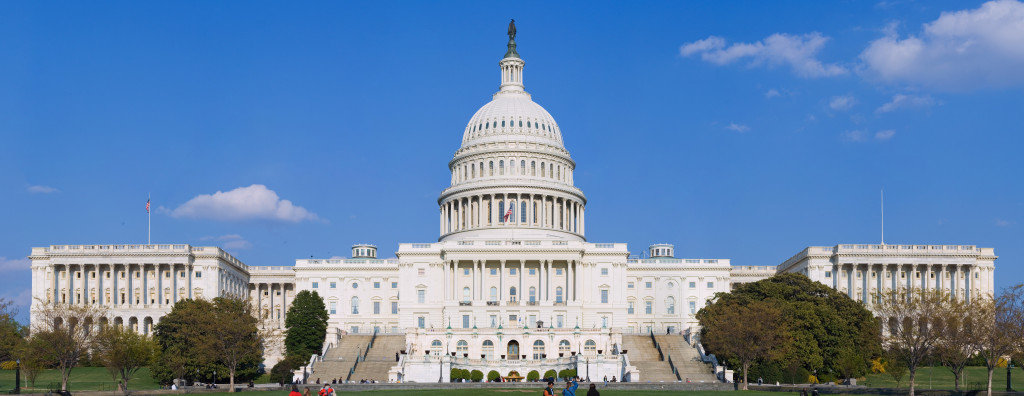
APDU Advocacy Makes a Difference
Happy New Year! As we look to 2016, we wanted to let you know that APDU has been hard at work advocating for the public data programs that you rely on. In the run-up to the passage of the Omnibus, APDU fought for the protection of funding for the Census Bureau, particularly in light of threats to its funding and ACS’ mandatory status. Our outreach to leaders on the Hill, in collaboration with key partners and with your own efforts in your regions, had an impact. Before leaving town for the holidays, Congress passed the spending bill for fiscal year 2016. The omnibus spending bill provided much needed increases for several federal statistical agencies and discards the hotly contested House provision to make the American Community Survey voluntary.
Most notably, the Census Bureau received an increase of $282 million in funding from FY 2015 levels, a 26% increase needed in preparation for the 2020 Census. Funding for the Bureau of Labor Statistics grew by $16.8 million, a 2.8% increase, over 2015 levels. The National Center for Education Statistics received a notable increase of $29 million, a 12.5%, and the Bureau of Economic Analysis budget increased by $9 million dollars, a 9.1% rise in funding. Other agencies, such as the Bureau of Justice Statistics, Bureau of Transportation Statistics, and Economic Research Service, all had flat funding. The mostly positive budget news for federal statistical data in the 2016 spending bill is a reminder of the importance of the work APDU and its partners do in advocating for these programs so important for our government, society, and economy as well as for you.
Our advocacy efforts are not limited to advocating for federal funding for public data. The APDU Update’s “Calls for Comment” section keeps members informed about regulatory changes to public data programs. Further, APDU partnered with other organizations including the Census Project and Friends of Labor Statistics to mobilize member support for both the Census Bureau and Bureau of Labor Statistics through letters to Congress and comments on regulatory changes. We are proud to be part of this broader advocacy community. We would like to thank you for your continued support in helping us to do this vital work.